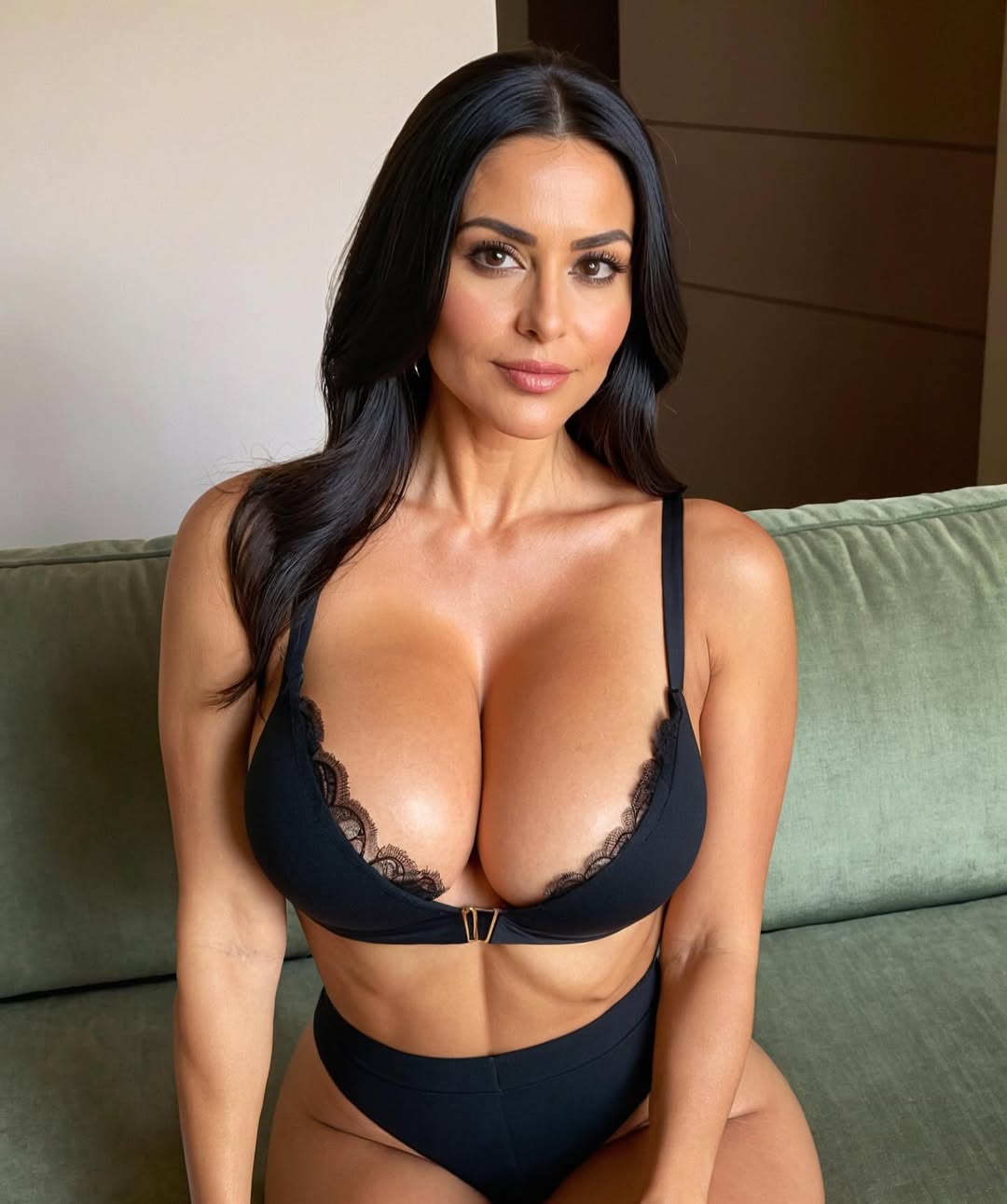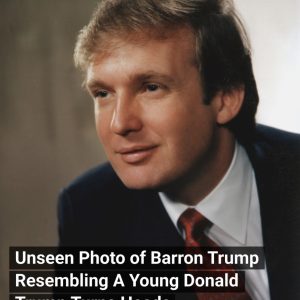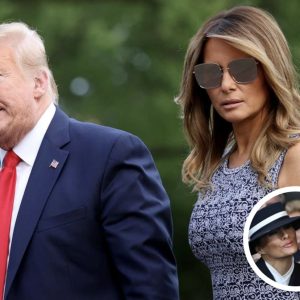
It started during what seemed like an ordinary session. I was pouring my heart out about my struggles with guilt—guilt over my choices, my relationships, and, most of all, my infidelity. I expected my psychologist to challenge me, perhaps point out where I was going wrong or help me dig deeper into why I acted the way I did. But instead, he smiled gently and told me something that completely shifted my perspective.
“Being unfaithful,” he said, “isn’t necessarily a flaw. It’s a sign that you’re deeply loving, maybe even more than most people. You have so much love to give, it simply can’t be contained.”
His words hit me like a wave of relief. For the first time, I felt like someone understood me—not as a broken person, but as someone with a unique capacity to love. The shame I’d carried for so long began to loosen its grip, and in that moment, I trusted him completely.
Then, almost casually, he suggested we date. His tone didn’t carry the weight of a joke or a fleeting thought; he was serious. I was stunned but flattered. He was a figure I admired, someone I relied on for clarity and guidance. Without much thought, I agreed. I didn’t stop to consider whether this was appropriate or even ethical—I simply followed the pull of the moment.
What happened next is still a blur. The lines between professional and personal dissolved as we became intimate right there in his office. It felt thrilling, like something out of a forbidden romance. But now, in the quiet after the storm, I’m haunted by doubts.
Was his reassurance about my “loving nature” genuine, or was it a carefully crafted excuse to manipulate me? Did I misinterpret his intentions, or was I drawn into something I didn’t fully understand? The more I replay the scene, the more uncertain I feel.
I can’t help but wonder: was this a rare and beautiful connection, or was I simply another vulnerable person he could take advantage of? The answers elude me, leaving me stuck in a whirlwind of confusion and self-doubt.




